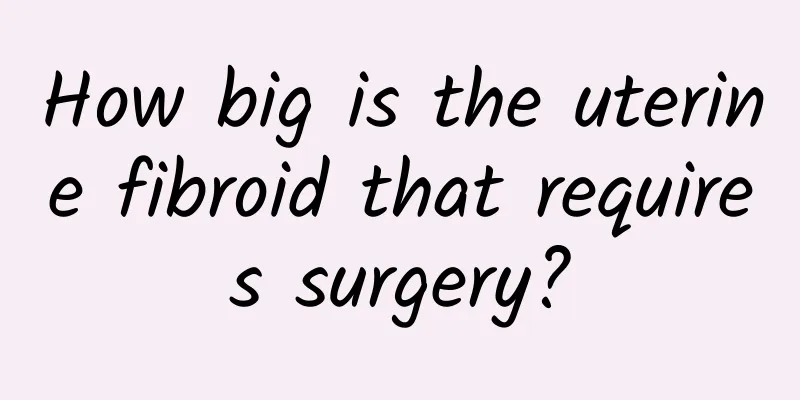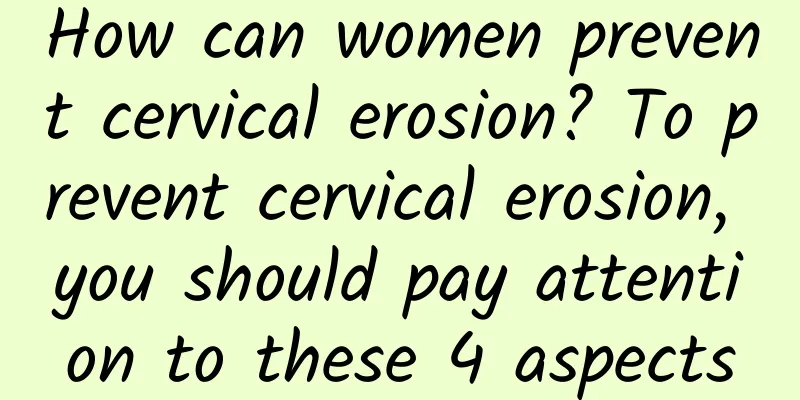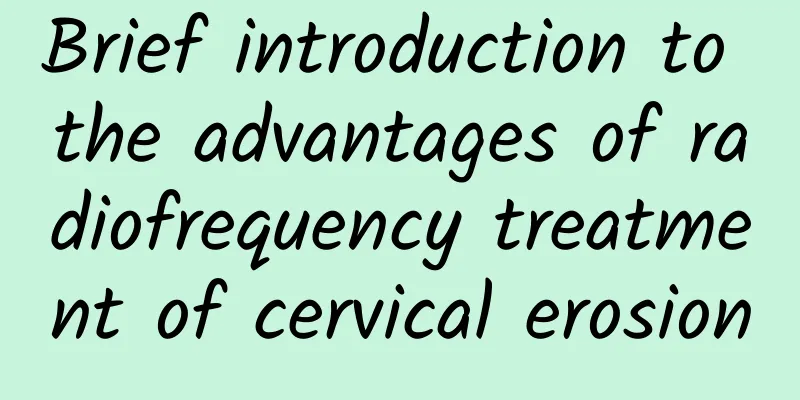How is surgery performed for ectopic pregnancy?

|
Ectopic pregnancy surgery mainly includes laparoscopic surgery and laparotomy. The specific method is selected according to the patient's condition, aiming to terminate the pregnancy and protect the function of the fallopian tube. Treatment methods also include drug therapy and postoperative care. Early diagnosis and timely intervention are the key. 1. Laparoscopic surgery: Laparoscopic surgery is a common minimally invasive method for treating ectopic pregnancy. Through a small incision in the abdomen, the laparoscope and surgical instruments are inserted, and the doctor can directly observe the fallopian tube and remove the ectopic pregnancy tissue. Laparoscopic surgery is less invasive and has a fast recovery, and is suitable for patients with ectopic pregnancy discovered early. HCG levels need to be closely monitored after surgery to ensure that the pregnancy tissue is completely removed. 2. Laparotomy: For cases of ruptured ectopic pregnancy or those that cannot be treated by laparoscopic surgery, laparotomy is necessary. The doctor enters the abdominal cavity directly through an abdominal incision to remove the ectopic pregnancy tissue and repair the damaged fallopian tube. Laparotomy is more traumatic and takes a long time to recover, but it can effectively handle complex situations. After surgery, attention should be paid to wound care to prevent infection. 3. Drug treatment: For early unruptured ectopic pregnancies, drug treatment is also an option. The commonly used drug is methotrexate, which is injected to inhibit embryonic development and promote its absorption. Drug treatment is suitable for patients with low HCG levels and unruptured fallopian tubes. During treatment, HCG levels and ultrasound examinations should be regularly monitored to ensure the effectiveness of the treatment. 4. Postoperative care: Regardless of the surgical method chosen, postoperative care is crucial. Patients need to rest, avoid strenuous exercise, and keep the wound clean and dry. Eat more foods rich in protein and vitamins to promote wound healing. Regularly check HCG levels and ultrasound examinations to ensure that there is no residual pregnancy tissue. Psychological counseling is also an important part to help patients relieve anxiety and fear. Ectopic pregnancy surgery and postoperative care are the key to ensuring patient safety. Early diagnosis and timely intervention can effectively reduce complications. Through laparoscopic surgery, laparotomy or drug treatment, combined with postoperative care and psychological counseling, patients can successfully recover and protect their reproductive function. |
<<: What if I have brown discharge during my period?
>>: Can I take medicine to treat uterine cyst?
Recommend
There are many causes of cervical erosion.
Because the appearance of cervical erosion makes ...
How to treat uterine fibroids and ovarian cysts
The treatment of uterine fibroids and ovarian cys...
What causes fishy menstrual odor?
What causes fishy menstrual odor? The fishy smell...
Analysis of the probability of vulvar leukoplakia causing cancer based on etiology
Vulvar leukoplakia is collectively referred to as...
Causes of adnexitis
What are the causes of adnexitis? Adnexitis is a ...
What should you pay attention to after a painless abortion
Things to note for recovery and conditioning afte...
How to relieve dysmenorrhea? What are the methods to relieve dysmenorrhea?
Dysmenorrhea refers to the pain that occurs durin...
A new trend in weight loss diet: fasting 2 days a week
(Author: Mike Moseley, Mimi Spencer) When Taiwane...
The essential ingredients for eating hot pot in cold weather to lose weight
When it’s cold, having a pot of hot pot with a fe...
It’s not difficult to lose weight and reduce edema in winter! Cassia hawthorn 3 tea helps weight loss
The weather is chilly, it's a good time to lo...
What are the preventive measures for postpartum vaginitis?
What are the preventive measures for postpartum v...
Is the cost of treating early threatened abortion high?
Early threatened abortion refers to vaginal bleed...
Endometrial tuberculosis may be caused by other diseases
Endometrial tuberculosis may be caused by other d...
What are the symptoms of ectopic pregnancy?
Ectopic pregnancy is a gynecological disease that...
Miracle diet GM weight loss, lose 4 kg in 7 days? Famous weight loss doctors solve 4 blind spots
There are many lazy weight loss methods circulati...









